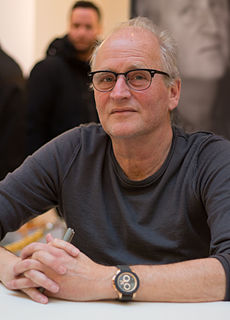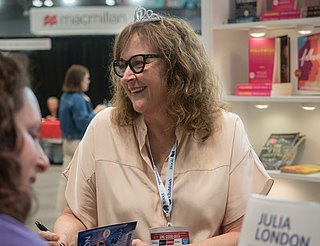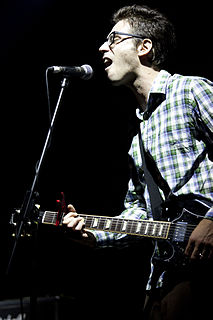A Quote by Herman Koch
I am not a great planner, so I have just a vague idea. And then I start to find out what kind of book I actually want to write.
Related Quotes
There's a great temptation to throw things in, as you put it, that you think are neat, or that you have a very clear, specific memory of and think you could do a good job writing about. What I find is that it's like a seed you plant. You can try it, and if it will grow and connect with other ideas in the book, and you can see connections that you can actually realize on the page, then you're allowed to leave it in. But if it just kind of lies there and doesn't really add up to anything or there's no chemistry with everything else going on in the book, then you have to take it out.
I find that I am much slower in the beginning of a book. I am thinking of the plot, of the characters and who they are, and where they are going. I often throw out a lot of the writing I start with, because the characters and plot improve as I write. Or perhaps I should say it is my hope they will improve as I write.
Usually when I finish the draft of a book, I'm sure I'll never write another one. I'm just that tired and sick of myself. But then another idea starts percolating. It usually begins with the narrator's name, then some idea that intrigues me about her life or situation. I try to ignore it as long as I can, because I know when I start writing, I'll be right back into it, every single day. But eventually, I just have to. It's a compulsion!
I do write. I actually do want to start my music as well. My sister and I are starting a band. I've been playing a guitar for nine years, and she plays piano, and we sing together. We're going to start up something soon. I mostly am writing songs right now actually, but I would love to write a script someday.
My dream right now is - and I don't know how to do it, and I don't know if it will work exactly - but just this sort of vague aspiration to start some kind of website where people send in their stories or poems, and me or perhaps some other people turn that into music. And then by the end of the year we make a record and actually put it out. Like a band, but the band is actually a combination of the musician and the fan. I think that's a very 21st-century way of doing it.
I start my process hand written, and then I dump it in. It's like you're getting a second draft 'cause when I put it in the computer, I fix it and change stuff. That's my process. I picked that up from speaking to Neil Gaiman and Joe Hill. I was messing around with the idea of starting to write more, writing a book and doing things like this, and I reached out for advice. They were like, "Oh, we hand write, and then we dump it all in." I was like, "Great! There's no more blank pages."
You have to surrender to your mediocrity, and just write. Because it's hard, really hard, to write even a crappy book. But it's better to write a book that kind of sucks rather than no book at all, as you wait around to magically become Faulkner. No one is going to write your book for you and you can't write anybody's book but your own.






































